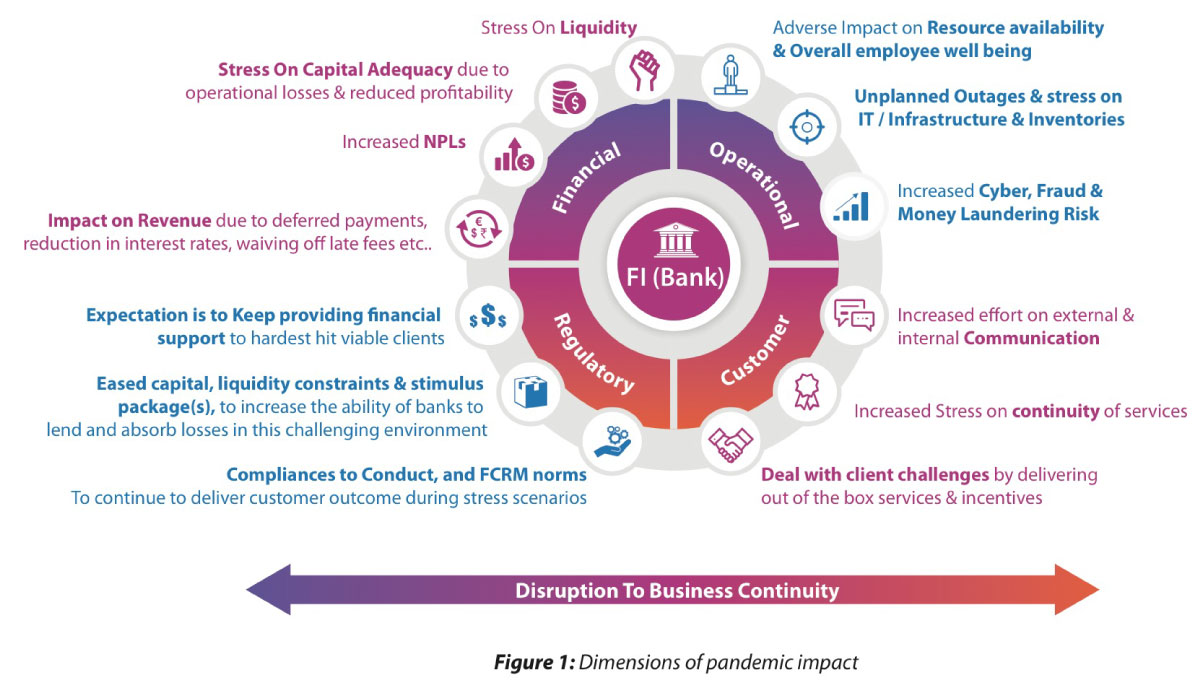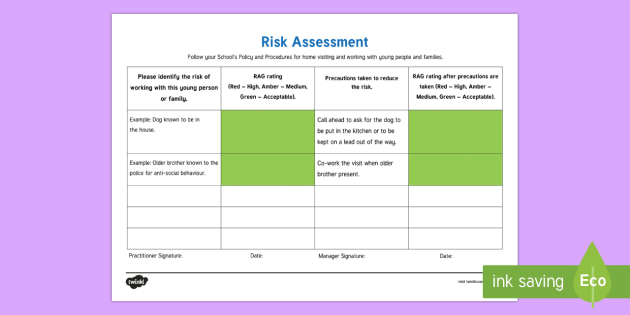
You must find a school that has a program that meets your requirements to earn a degree in construction management. The length of a degree program will vary depending on which school you choose. An associate's degree can be earned in two years for a full-time student, while a bachelor’s degree takes four years. A master's program takes one to two years. To ensure that you are eligible for a program, make sure to read the requirements. Online programs are also an option, as they allow you to learn on your own time and to attend classes from the comforts of your own home.
Online construction management degree
University of Southern Mississippi offers the Master of Science program in Construction Management. It requires 36 semester credits. This affordable program covers topics like value engineering, integrated design, and collaborative project management. Students must complete 12 credit hours of technical specialization coursework and 12 credit hours of research. Students can finish their degree in between two and four years. They can also choose to receive financial aid. The University of Southern Mississippi provides online degree programs in several areas and serves close to 15,000 students.
The online construction management program can prepare students to pursue various career paths in the construction industry. Students learn the basics of construction management and also explore sustainability and building information modeling. Coursework also includes academic writing, project management, and facility management. Graduates of this program can be hired as general contractors, real-estate developers, and construction managers. The field of construction is growing quickly, and there is a high demand for professionals with experience in the field.

Certificate in Construction Management
A Certificate in Construction Management degree is a good option for anyone looking to enter a new field in construction. The program will teach you about the fundamentals of construction management and open up many opportunities for advancement. The program is two years long and requires four courses. Many construction companies are looking for reliable, safety conscious new hires. Many of these companies are looking for people with scheduling and project management skills. There are many job titles available, including Construction Manager or Estimator.
Students who want to study a certificate program need to ensure that the school offers the curriculum that is most appropriate for their career goals. The coursework is designed to provide students with essential knowledge of construction, project management, and business. They will also be prepared to enter a graduate program after graduation. A student should consult with an academic adviser before selecting a program. Each student is likely to have different needs. A good academic advisor will guide you to the courses that are right for your needs.
Bachelor's degree is in construction management
A bachelor's degree is possible in construction management if you want to get a job in this field. Although these degrees can cost between $5,800 and $14,000 per semester in general, students can save money if they pay attention to specific factors such as the location, institution type, degree program structure, and other factors. Public schools typically charge lower tuition than those in private schools. Some also distinguish between in-state or out-of–state students. Some schools also offer reduced tuition rates if the student meets certain requirements, such as a 2.5 GPA. Some schools will also let you complete the FAFSA, which could qualify you for certain federal loans and grants.
A Bachelor's degree program in construction management will help students gain the knowledge and skills necessary to be successful in this field. The program includes both theoretical concepts and practical skills such as advanced estimating, scheduling and construction contract management. Students will learn to work with different groups in order to complete projects on time and under budget. They will have the opportunity to collaborate with real-world clients or partners and be prepared for a variety of construction projects.

Specializations in Construction Management
Choosing a specialization in construction management is a smart move for students who want to enter a competitive field. Construction management courses are a great way to get a solid foundation in technical aspects of the industry and give you an edge in the job marketplace. Students who are interested should take into account the cost of living in the area, the availability of employment opportunities nearby, and the geographic location of their school. Students interested in working as construction workers can choose to take part-time courses from home and get their degree.
A bachelor's degree is usually required in order to pursue a degree for construction management. The degree requires 120 credits to graduate. Students will need to complete general education requirements, which include English, math, science, and humanities. Certain specializations are available in construction management, but they do not require an undergraduate degree. It's a smart idea to search for schools that offer a specialization in construction management if you are interested in becoming a building manager. This degree is offered by many online schools. You should apply to at least six schools.
FAQ
How do you effectively manage employees?
Managing employees effectively means ensuring that they are happy and productive.
This includes setting clear expectations for their behavior and tracking their performance.
Managers must set clear goals for their employees and themselves to achieve this goal.
They need to communicate clearly with staff members. They need to communicate clearly with their staff.
They should also keep records of all activities within their team. These include:
-
What was the result?
-
How much work did you put in?
-
Who did it all?
-
It was done!
-
Why it was done?
This information can be used to monitor performance and evaluate results.
How can a manager improve his/her managerial skills?
By practicing good management skills at all times.
Managers should monitor the performance and progress of their subordinates.
You must act quickly if you notice that your subordinate isn’t performing to their standards.
It is important to be able identify areas that need improvement and what can be done to improve them.
What are some common management mistakes?
Managers can make their jobs more difficult than necessary.
They may not be able to delegate enough responsibility to staff or provide adequate support.
Additionally, many managers lack communication skills that are necessary to motivate and direct their teams.
Managers set unrealistic expectations and make it difficult for their team.
Managers might try to solve every problem by themselves rather than delegating the responsibility.
What's the difference between Six Sigma and TQM?
The main difference in these two quality management tools lies in the fact that six sigma is focused on eliminating defects and total quality management (TQM), emphasizes improving processes and reducing costs.
Six Sigma is a methodology for continuous improvement. It emphasizes the elimination of defects by using statistical methods such as control charts, p-charts, and Pareto analysis.
This method aims to reduce variation in product production. This is done by identifying root causes and rectifying them.
Total quality management includes monitoring and measuring all aspects of an organization's performance. It also includes training employees to improve performance.
It is commonly used as a strategy for increasing productivity.
Statistics
- The average salary for financial advisors in 2021 is around $60,000 per year, with the top 10% of the profession making more than $111,000 per year. (wgu.edu)
- Hire the top business lawyers and save up to 60% on legal fees (upcounsel.com)
- The profession is expected to grow 7% by 2028, a bit faster than the national average. (wgu.edu)
- As of 2020, personal bankers or tellers make an average of $32,620 per year, according to the BLS. (wgu.edu)
- Your choice in Step 5 may very likely be the same or similar to the alternative you placed at the top of your list at the end of Step 4. (umassd.edu)
External Links
How To
How do you implement Quality Management Plans (QMPs)?
QMP, which was introduced by ISO 9001:2008, is a systematic approach to improving products, services, and processes through continuous improvement. It is about how to continually measure, analyze, control, improve, and maintain customer satisfaction.
QMP is a standard way to improve business performance. QMP is a standard method that improves the production process, service delivery, customer relationship, and overall business performance. QMPs must include all three elements - Products, Services, and Processes. The QMP that only addresses one aspect of the process is called a Process QMP. QMPs that focus on a Product/Service are known as "Product" QMPs. The QMP that focuses on customer relationships is known as the "Customer" QMP.
Two main elements are required for the implementation of a QMP. They are Scope and Strategy. These are the following:
Scope is what the QMP covers and how long it will last. This scope can be used to determine activities for the first six-months of implementation of a QMP in your company.
Strategy: This describes how you will achieve the goals in your scope.
A typical QMP is composed of five phases: Planning Design, Development, Implementation and Maintenance. Below is a description of each phase:
Planning: This stage identifies and prioritizes the QMP's objectives. Every stakeholder involved in the project is consulted to determine their expectations and needs. After identifying the objectives, priorities and stakeholder involvement, it's time to develop the strategy for achieving the goals.
Design: During this stage, the design team develops the vision, mission, strategies, and tactics required for the successful implementation of the QMP. These strategies are executed by creating detailed plans.
Development: Here the development team works toward building the necessary resources and capabilities to support the successful implementation.
Implementation: This involves the actual implementation of the QMP using the planned strategies.
Maintenance: This is an ongoing procedure to keep the QMP in good condition over time.
In addition, several additional items must be included in the QMP:
Stakeholder involvement is important for the QMP's success. They are required to actively participate in the planning, design and development of the QMP, as well as the implementation and maintenance phases.
Project Initiation - A clear understanding of the problem statement, and the solution is necessary for any project to be initiated. In other words, the initiator needs to know why they want to do something and what they expect from the outcome.
Time Frame: The time frame of the QMP is very critical. If you plan to implement the QMP for a short period, you can start with a simple version. For a long-term commitment you may need more complicated versions.
Cost Estimation: Another important component of the QMP is cost estimation. You can't plan without knowing how much money it will cost. The QMP should be cost-estimated before it can begin.
QMPs are not just a written document. They should be a living document. It changes as the company grows. It is important to review it periodically to ensure it meets all current requirements.